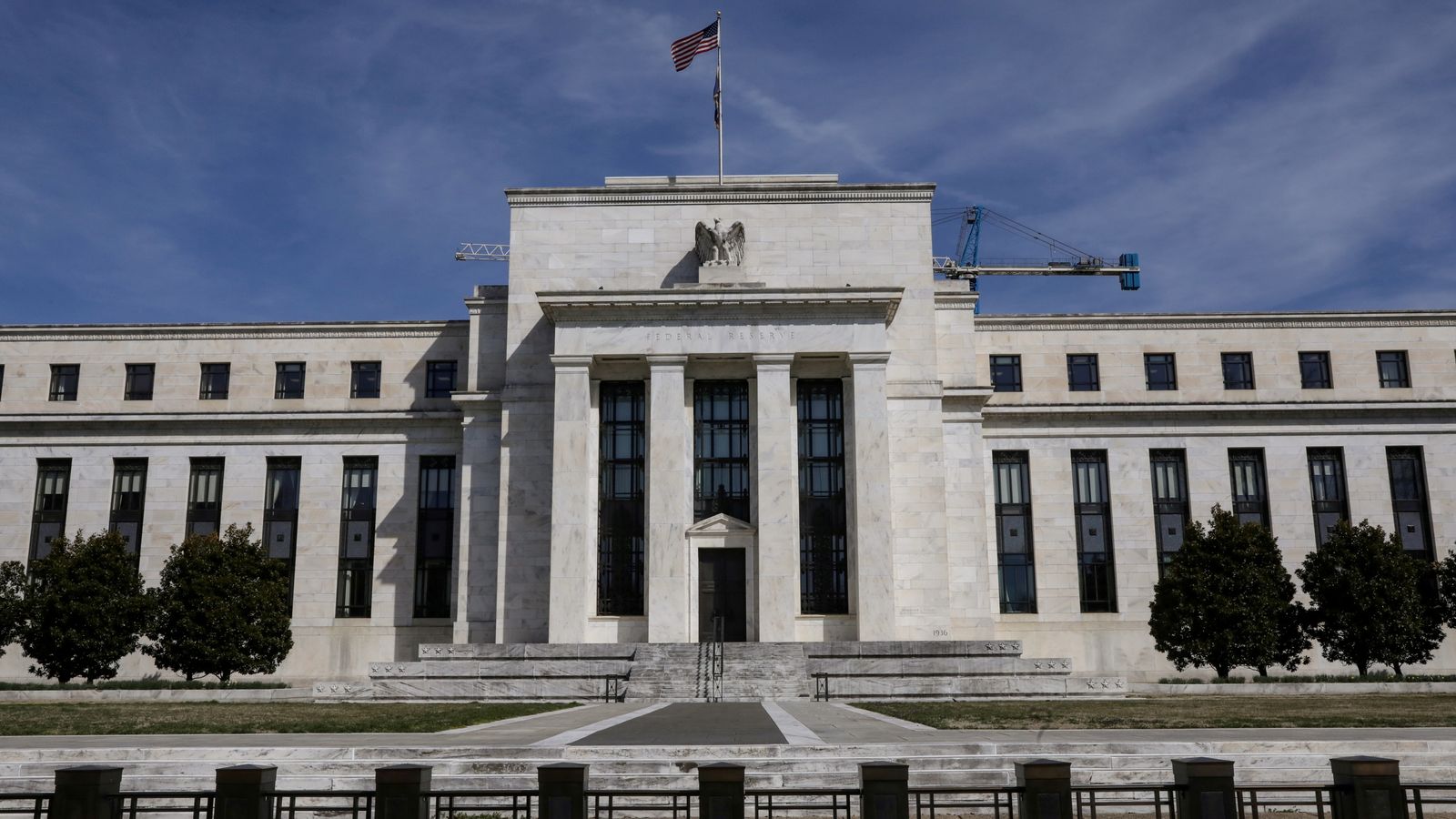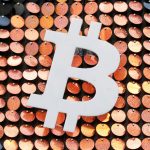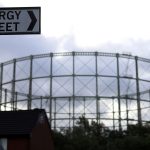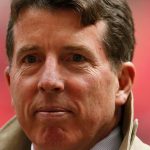The US Federal Reserve has signalled that it could soon start scaling back its emergency pandemic policies even as the recovery slows – with inflation pressures persisting.
America’s central bank said the economy’s progress meant that a moderation in the pace of its $120bn-a-month bond buying programme “may soon be warranted”.
Officials also signalled that they may start raising interest rates, currently close to zero, some time next year – sooner than they had anticipated in their previous projections three months ago.
Yet the Fed also cut its forecast for GDP growth in the US this year from 7% to 5.9%, saying that a rise in coronavirus cases had slowed the recovery of those sectors most affected by the pandemic, such as travel and restaurants.
The slowdown also reflects supply bottlenecks that have been “larger and longer lasting than anticipated” according to the Fed’s chair Jerome Powell.
America’s car industry – like that of the rest of the world – has been particularly affected by a global shortage of semiconductor chips.
Supply chain problems are also feeding into inflation, and the Fed now sees this running at 4.2%, up from 3.4% previously, though it thinks these pressures will prove temporary, and price growth will diminish back towards the Fed’s 2% target.
More than a million customers now affected by energy crisis as another two suppliers collapse
Tipping point looms for energy industry as crisis looks almost certain to claim more suppliers
Tesco warns Christmas panic buying ‘could be worse than first lockdown’ due to driver shortage – reports
The recovery in jobs in the world’s biggest economy is also seen slowing, with the unemployment rate predicted at 4.8% by the end of the year, revised up from 4.5% previously.
Mr Powell said: “Factors related to the pandemic, such as caregiving needs and ongoing fears of the virus, appear to be weighing on employment growth.”
The results of the latest Fed meeting come a day ahead of the Bank of England’s latest interest rate announcement – in which policymakers are also expected to keep rates on hold but similarly face the challenge of addressing an uptick in inflation just as growth is slowing.






















